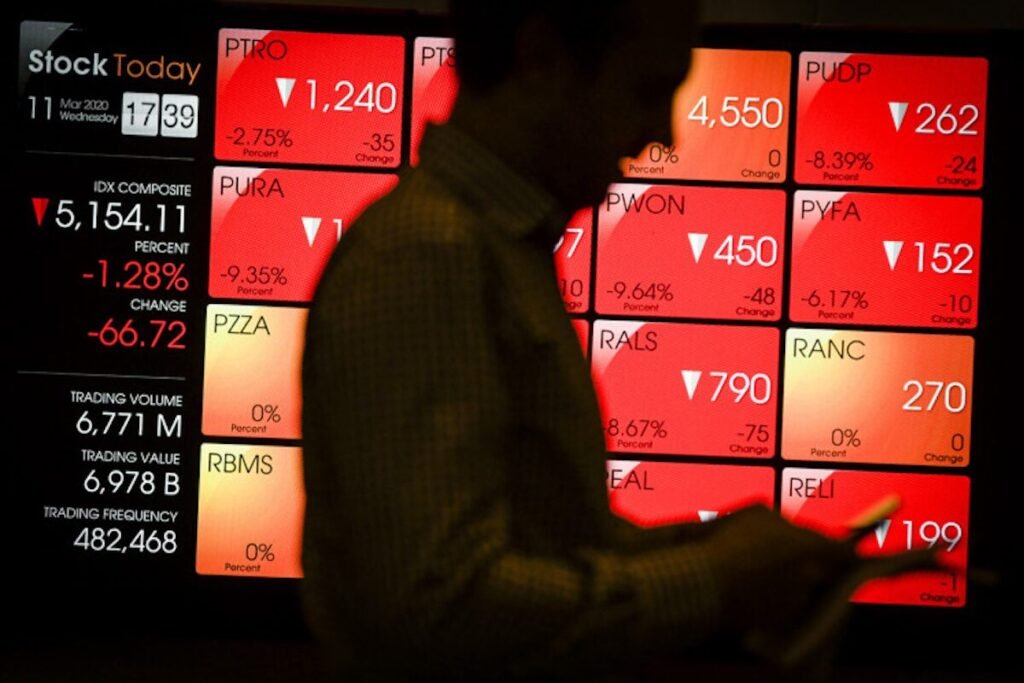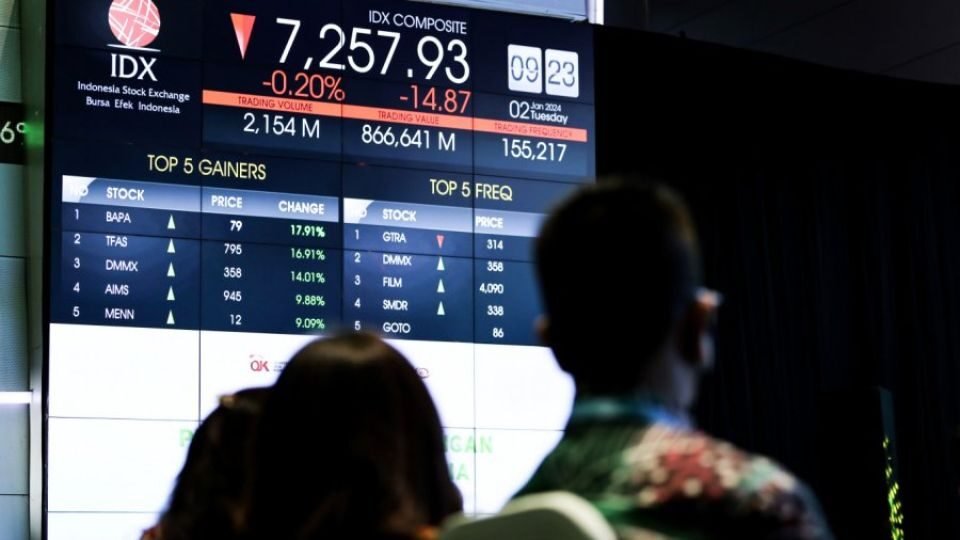Day Trading Indonesia: In Indonesia, day trading is becoming more accessible thanks to technology and lower barriers to entry. This approach means entering and exiting trades within the same day, sometimes within minutes. Indonesian traders are often drawn to this method because of its fast results, but it’s not for everyone. The local forex and stock markets, including access to global platforms, provide plenty of opportunities — yet they also demand consistent focus and mental sharpness. It’s a method that suits those who want to be active participants during market hours, often following charts in real time.
Day Trading Indonesia: Why Swing Trading May Appeal to More Flexible Schedules
Swing trading is an alternative that many Indonesians find more manageable, especially those who have work or school during the day. Instead of chasing short-term moves, swing traders hold positions for a few days up to several weeks, relying on longer-term technical patterns and market trends. This method allows for more reflective decision-making. It can be an attractive option for people in Indonesia who prefer to analyze charts at night or over the weekend, without needing to monitor every market fluctuation during the day.
Time Commitment: Day Trading Indonesia- Can You Stay Connected Throughout the Day?

Source: iStock
Your schedule plays a significant role in which strategy suits you best. Day trading demands real-time attention and the ability to act quickly on sudden price movements. For Indonesian traders, this means setting aside a chunk of the day specifically for trading, especially during active forex sessions like London or New York. Swing trading, in contrast, lets you step back. You can plan entries and exits more slowly and check in only once or twice a day, which is more realistic for many Indonesians juggling multiple responsibilities.
Handling Pressure: Day Trading Indonesia- Trading Styles and Emotional Control

Source: AsiaTimes
Day trading in Indonesia can be intense. The rapid pace may lead to quick profits but also emotional ups and downs. It’s common to see traders struggling with overtrading, panic decisions, or performance anxiety. If you’re someone who thrives in high-energy situations, you might enjoy the challenge. If not, swing trading may offer a calmer experience. Because it allows more time for decision-making and isn’t affected by every price tick, swing trading tends to put less strain on your mental bandwidth — a big advantage in the long run.
How Profit Frequency and Risk Management Differ

Source: ANN
Indonesian day traders might make several trades daily, aiming for smaller profits per trade. That frequency can add up, but so can the risks — especially when transaction fees or spreads are involved. Swing traders generally take fewer positions, focusing on setups that offer a better risk-reward ratio. This means profits can be larger, but you might need to wait longer for trades to play out. It’s a trade-off between speed and scale. Knowing your tolerance for both risk and waiting is essential before deciding which approach to follow.
Forex Focus: Adapting Your Strategy for the Currency Market

Source: OPO
Forex trading is especially popular in Indonesia, and both styles can work in this space. For day traders, forex offers constant movement, tight spreads, and multiple opportunities each day. You’ll be glued to 5-minute or 15-minute charts, especially during peak volatility hours. Swing traders in the forex space, however, rely on daily or 4-hour charts, trying to ride trends rather than catch every movement. Depending on your preference, you can craft a strategy that aligns with your chosen timeframe — both technically and psychologically.
Matching Your Personality with the Right Trading Approach
Some traders like the adrenaline of instant results; others prefer a patient, methodical approach. Day trading fits energetic personalities who can handle rapid-fire decisions and don’t mind sitting in front of a screen for hours. Swing trading may work better for people who enjoy structured analysis and long-term planning. In Indonesia, lifestyle factors — such as whether you’re in a high-speed city like Jakarta or a quieter area — can also affect how well each style integrates into your day-to-day life. Your trading personality matters more than you think.
Experiment First with Simulations or Small Positions
If you’re still unsure which path to choose, consider testing both methods using demo accounts or very small trades. Many Indonesian brokers offer these tools, letting you experiment without significant risk. Try a week of focused day trading, then follow it with swing trading for another week. Monitor not just your profit and loss, but how you feel, how much time it takes, and how it affects your daily rhythm. This honest self-assessment will give you a clearer picture of which approach is more sustainable for you.
Growing as a Trader Over Time
Whether you begin with day trading Indonesia style or ease into swing trading, your strategy doesn’t need to stay the same forever. Some traders start with day trading for the excitement, only to shift toward swing trading for better work-life balance. Others build confidence in swing trades before scaling into faster intraday decisions. What matters most is self-awareness and adaptability. Over time, you’ll refine your style — not because of trends or hype, but because it aligns with how you think, live, and trade in the real world.











